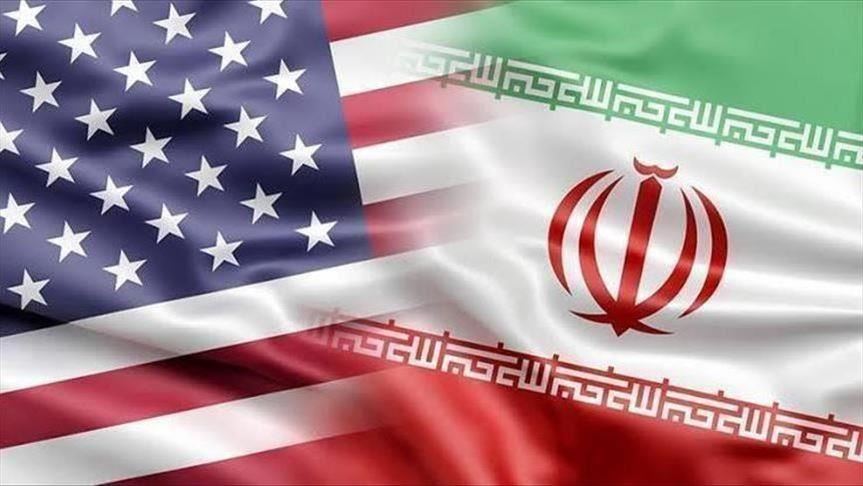Tensions Rise: Iran and the USA in Focus

Diplomatic Strains and Recent Developments
In recent months, relations between Iran and the United States have reached new heights of tension, as diplomatic efforts to bridge the divide seem increasingly strained. This article provides an overview of the key developments, underlying issues, and potential ramifications for international relations and global security.
The Background of Strained Relations
The relationship between Iran and the United States has been fraught with tension for decades. The 1979 Iranian Revolution, which led to the overthrow of the Shah and the establishment of the Islamic Republic Wispotlight.com, marked the beginning of a long and tumultuous period. Since then, numerous events—including the Iran-Iraq War, the U.S. Embassy hostage crisis, and various sanctions—have contributed to the adversarial dynamic between the two nations.
Recent Developments
Nuclear Program Disputes: One of the core issues in U.S.-Iran relations has been Iran’s nuclear program. Despite numerous negotiations and agreements, such as the Joint Comprehensive Plan of Action (JCPOA) signed in 2015, the situation remains contentious. The U.S. withdrawal from the JCPOA in 2018 under the Trump administration and the subsequent reimposition of sanctions have exacerbated tensions. Recent negotiations aimed at reviving the JCPOA have stalled, with both sides accusing each other of failing to uphold their commitments.
Military Confrontations: There have been several incidents involving military confrontations in the Persian Gulf. The U.S. and Iranian forces have come close to direct conflict, with incidents such as drone attacks and naval encounters raising concerns about an unintended escalation. The presence of U.S. military bases in the region and Iran’s support for various proxy groups contribute to the volatile situation.
Diplomatic and Economic Sanctions: The U.S. has continued to impose and expand sanctions on Iran, targeting various sectors including oil exports, financial institutions, and key individuals. These sanctions have had a significant impact on Iran’s economy, leading to widespread economic hardship and domestic unrest. In response, Iran has taken steps to counteract the sanctions, including increasing its nuclear activities and seeking support from other global powers.
Human Rights Concerns: Human rights issues in Iran, including the treatment of political dissidents, women’s rights violations, and restrictions on freedom of expression, have also been a point of contention. The U.S. has criticized Iran’s human rights record, which adds another layer of complexity to the relationship.
Potential Ramifications
Regional Stability: The ongoing tensions between Iran and the U.S. have significant implications for regional stability in the Middle East. Conflicts involving Iranian-backed groups in countries like Iraq, Syria, and Yemen could escalate if relations between the two powers continue to deteriorate.
Global Energy Markets: Iran’s role as a major oil producer means that its geopolitical actions can impact global energy markets. Any conflict or disruption in Iran could lead to volatility in oil prices, affecting economies worldwide.
International Alliances: The strained relationship between Iran and the U.S. affects international alliances and diplomacy. Countries that have interests or alliances with either nation may find themselves caught in the middle, complicating efforts to address global challenges collaboratively.
Diplomatic Solutions: The possibility of diplomatic resolution remains a key concern. Efforts to de-escalate tensions and find common ground are critical. Both nations face internal and external pressures to address these issues through negotiation rather than confrontation.
Conclusion
The relationship between Iran and the United States remains one of the most complex and high-stakes diplomatic challenges in international relations today. Recent developments have underscored the fragility of the situation, highlighting the need for sustained diplomatic efforts and a nuanced understanding of the underlying issues. As both nations navigate this fraught relationship, the global community watches closely, hoping for a path to stability and peace in one of the world’s most volatile regions.





